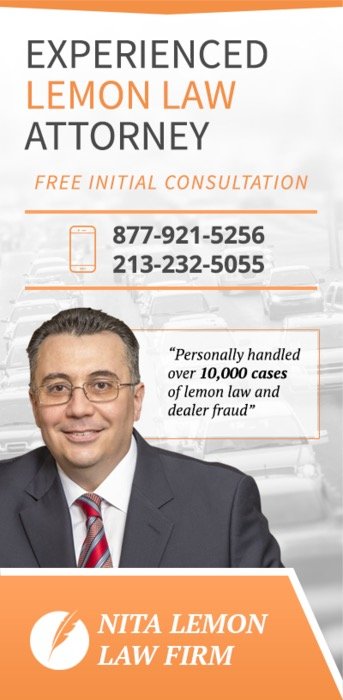Separating Fact from Fiction in Auto Dealer Advertising

Every state and the federal government have laws regulating what auto dealers can and can’t say in their advertisements. Nevertheless, false, deceptive and misleading ads abound on the air, in print and online. Let’s look into some of these rules so you’ll be better informed about when the dealers are dealing with honestly, or less so.
Texas requires truthful and accurate advertising in a series of Texas statutes found at sections 215.241 – 215.271. No ad can be false, deceptive, unfair or misleading. When a dealer advertises a specific new vehicle in its possession at that time or clearly and conspicuously disclose that it doesn’t. The ad must also state the number of vehicles available at the advertised price. If the price only applies to one specific vehicle, it must disclose the car’s stock number or VIN.
Untrue claims are prohibited in the Lone Star State, a land where tall tales once abounded. Examples of forbidden phrases include “name your own price,” “write your own deal,” “we finance everyone,” and “no credit rejected.” If the dealership wants to say, “no better trade-in allowance anywhere” or “due to our large sales volume, we get vehicles less than other dealers,” then they better be ready to back up those claims.
In Illinois, it’s an unfair or deceptive act to advertise or offer for sale without disclosing all material terms and conditions related to the offer. These terms must be disclosed clearly and conspicuously from the outset so as to leave no reasonable probability that the offering might be misunderstood. Here in the Land of Lincoln, you can’t use type size that is too small to be readily noticeable (ten-point or less is verboten), and you can’t use footnotes or asterisks that confuse, contradict, materially modify or unreasonably limit other copy in the ad.
Other no-no’s in the Illinois Administrative Code (Title 14, Subtitle B, Chapter II, part 475) include inaccurate photos or illustrations. For instance, you can’t advertise a car at its base price while showing a picture of it fully-loaded. If advertising a price, the price should include all usual or necessary costs, including delivery and dealer prep. The advertised price can exclude tax, title, license and doc fees, so long as that fact is disclosed.
Any limitations in the ad, such as the number of vehicles in stock or the duration of the offer, must be clearly and conspicuously (there’s that phrase again!) disclosed. Dealers can guarantee they have the lowest prices, but only if they really do and continuously monitor the competition to keep it so. If the ad says, “we’ll meet your best offer” or “we won’t be undersold,” the ad must also clearly and conspicuously disclose any limitations on this policy. Also, the policy can’t require the buyer to present evidence of the other offer that puts an unreasonable burden on the consumer (e.g., “You must present a written offer signed by the president of the company and notarized in the presence of three witnesses… under a full moon while everyone is naked.”) And you can’t call it a sale unless the price is actually reduced by a reasonable amount. A five percent reduction is presumed reasonable in the Illinois law.
Don’t Forget the Feds
Lest you think the U.S. government wouldn’t get in on the act, consider the following laws which may impact auto dealer advertisements:
- Federal Trade Commission (FTC) Act
- Truth in Lending Act (TILA) and Regulation Z
- Consumer Lending Act and Regulation M
The FTC Act prohibits unfair and deceptive ads and requires disclosures whenever money is being lent, including car financing. An ad that displays an interest rate must say “APR.” If financing is mentioned in the ad, all material terms must be disclosed, such as “with approved credit through ABC Financial for X months with Y% down.” Also, dealers can’t charge more to credit customers than cash customers; that’s a hidden finance charge.
Any mention of a down payment, monthly payment amount, interest rate or number of months for financing triggers Regulation Z, the implementing regulation of the Truth in Lending Act (TILA). Reg Z requires written disclosure of the total amount financed, APR, required down payment, payment term (duration) and payment amount, including any balloon payment.
State and federal laws alike prohibit bait advertising, also known as bait-and-switch. It’s illegal to offer for sale a vehicle the dealer doesn’t have or doesn’t want to sell or intend to sell.
The Last Word: Don’t be Taken In
An auto dealer can’t get away with a deceptive ad by cleaning up the misrepresentation after the fact. If you were deceived into buying a car based on an illegal ad, you can cancel the contract and also collect money damages for any harm or loss you incurred. You may need to act swiftly to secure these rights, so if you think you’ve been wronged, contact a consumer law or auto dealer fraud attorney in your community. They will likely listen to your concerns for free and only charge you a portion of any damages they recover for you. You can also find helpful information in the FTC Guides here.



